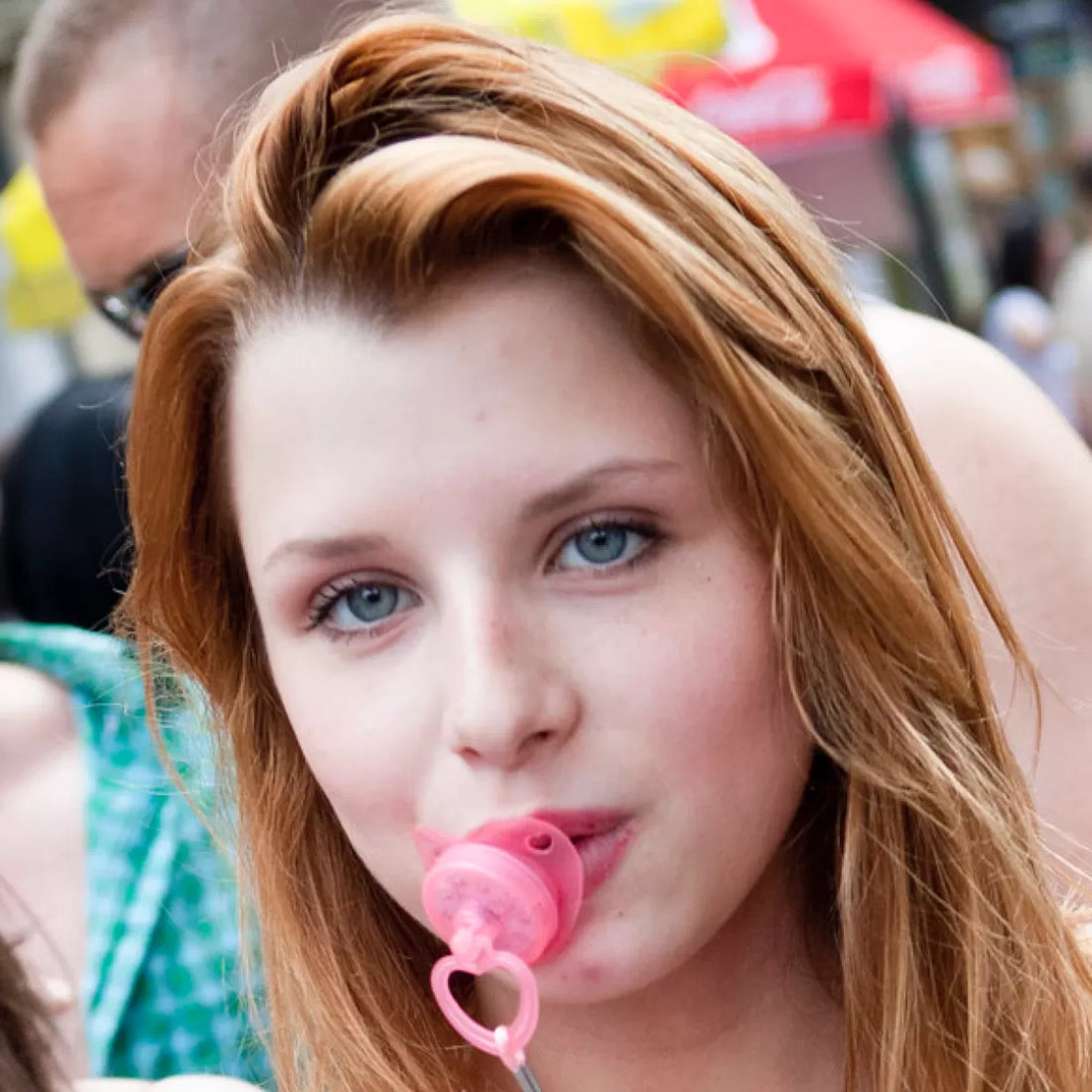
The Importance of Inclusion in the Quilting Community: A Personal Reflection
When I first developed the Biscotti quilt, I realized that I created a marketable product. In that moment, I decided that this would be an excellent way for me to engage with a community that often overlooks individuals like me—those with disabilities, men, and members of the LGBTQ+ community. Teaching my Biscotti quilt online has become a vital part of my mission for inclusion, especially since my disability makes travel challenging. Also we proved in the pandemic that zoom is a feasible accommodation and not something that can just be taken away.
Recently, while caring for a friend's cat over the weekend, I received an email that left me feeling both frustrated and disheartened. It showed that someone was teaching my Biscotti technique using a photo of a quilt made by one of my students, who had given full credit. However, the rest of the content was entirely repackaged to cater to a very neurotypical preference for face-to-face classes.
I want to clarify something: I have successfully taught Biscotti in various virtual settings. Standing in front of a camera and engaging with students on a monitor has proven effective for me time and again. So when quilters express their reluctance to participate in virtual classes, it feels like they are rejecting inclusion for those of us who are autistic.
Let me assure you, Biscotti is not complicated. I provide clear instructions in my course outline: make a quilt, chop it up, and then remake it. Whether you "figure it out" on your own or create a quilt without taking my class doesn't bother me at all. You can even sell that quilt if you wish! The process itself isn't copyrighted, but my workshop is protected under intellectual property laws.
Being autistic does not mean I lack intelligence or understanding. Teaching my workshop without permission is not only unethical but also misrepresents my work. Repackaging it to fit neurotypical expectations is simply wrong. It’s disheartening to hear someone say they would apologize only after the fact.
In this particular case, the individual knew my quilt was called “Biscotti” because they tagged their first attempt with #biscotti after claiming they figured it out. As I mentioned earlier, there’s nothing to figure out; the process is straightforward. They admitted to seeing other people’s posts and piecing together their understanding from there. While I have the unique ability to look at a quilt and reproduce it myself, I choose not to do so.
What adds another layer of complexity is that this situation was promoted by her local guild, which is sponsored by a larger organization that has historically not been very inclusive of autistic individuals. While I acknowledge they are making efforts to improve inclusivity, it’s troubling that the guild scrubbed their event page and the individual removed images of my Biscotti quilt from her Instagram without informing me. This lack of communication has stripped away my autonomy and made me feel infantilized.
Comments
Check out comments or add a new one.